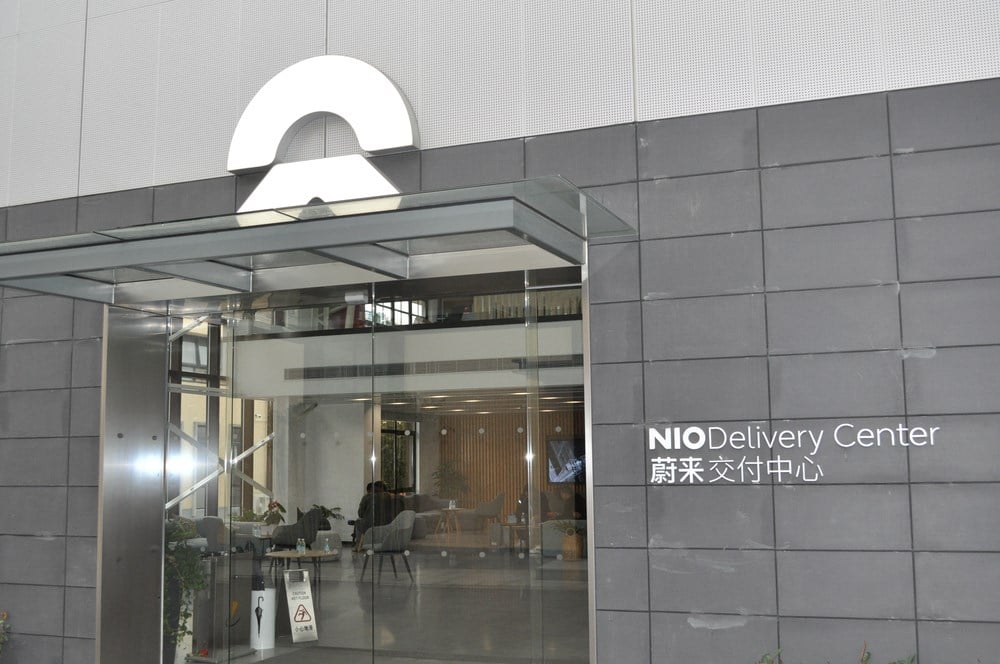
Economies worldwide have experienced rampant inflation levels as the effects of the COVID-19 pandemic forced governments and central banks to stimulate their locked-down economies by injecting liquidity. Today, as the impact and restrictions placed because of this pandemic subside, these same nations now have to raise interest rates and pull liquidity out of their respective economies. In a cycle known as 'quantitative tightening,' economic activity has been nothing but hot. However, it is now being cooled down to more normalized levels. In virtually every region but one.
China's economy has kept investors in a constant state of frustration, as all expectations pointed to a massive reopening during the second half of 2022, which would have been followed by the advance of the iShares MSCI China ETF (NASDAQ: MCHI). As the index has delivered lackluster performance, so has every other stock. However, Chinese officials are now laying out a stimulus plan of their own after receiving disappointing economic data; with a focus on kickstarting consumer spending in the vehicle market and other similar spaces, NIO (NYSE: NIO) is among a small group of car manufacturers that stand to benefit from such a push.
Setting the Stage
Shares of NIO are little changed after the company reported its long-awaited first quarter 2023 earnings results. As the latest rounds of stimuli make their way into the Chinese economy, many investors expect to see climbing financials along crucial performance indicators (KPIs) in the company. According to China's Ministry of Finance, measures directly intended for the vehicle market in the nation include a curb reduction in municipalities and a gradual increase in car ownership quotas within the same localities.
During NIO's press release, management stated that the first quarter saw a 20.4% increase in net deliveries, ending at 31,041 total vehicles delivered. For twelve consecutive quarters, NIO has been the number one choice in China's electric vehicle market for those units priced over RMB400,000 (USD 56,080). Even with expecting lower net deliveries for the next quarter, an 8.2% yearly contraction to deliver an expected 25,000 vehicles may set the stage for management to overdeliver on an under-promised outlook.
A 33.5% decline in net revenue compared to last year is a cause for concern, as is the gross margin reduction from 14.6% in 2022 to today's 1.5%. Management attributes the tightening margins to increased costs per unit, explicitly pointing to battery costs within their product mix. As the price of lithium has taken off on a tenfold increase in the past two years, an RMB605,000 per ton price tag has created a challenging environment for electric vehicle makers to operate in.
Cyclicality, Refocus
There is only so much that NIO's management can do regarding their input costs in the face of a rapid rise in lithium prices. However, they can continue to execute their corporate strategy to expand deliveries. Considering the cyclicality of commodity markets, it would appear that NIO shareholders have a rare opportunity to acquire a major operator during the bottom of its margin cycle. It would seem that other, more established and entrenched, names like BYD (OTCMKTS: BYDDF) have set the foundation for what others in the space can expect.
Even Li Auto (NASDAQ: LI) has felt the NASDAQ: LI" target="_blank" rel="noopener">effects of the rising input costs in its product mix. However, the constant factor across these companies enabling continued bullish stock performance is focused on deliveries. What could help NIO propel its stock price to the potential seen by its analyst ratings? NIO management must focus on achieving economies of scale to fill the gap between today's prices and analyst median price targets of $17.52 (pointing to a potential 125% rise).
Considering that input cost rises are an industry-wide issue, and the main differentiator between NIO and its competitors is the volume of net deliveries, it would only make sense to allocate energy - and resources - toward the metrics that can be controlled. Lithium prices will eventually come back to normal levels, and even if they do not, achieving economies of scale will enable NIO to spread these rising costs across a larger number of units.
As with any other 'growth stage' company, NIO shareholders will have to live with the volatility of a high-growth company that has yet to achieve a constant and stable stream of net income. Until this milestone is well placed, NIO must continue to issue stock to fund future operations. However, those who believe that the recent Chinese stimulus round, as the economy is clearly at the bottoming stages of its respective cycle, will be okay with experiencing some turns until this bomb goes off.





